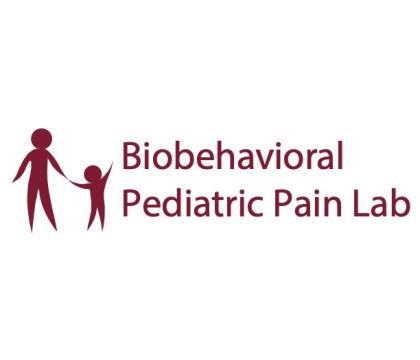United States of America (Stanford off-campus)
Biobehavioral Pediatric Pain Lab Research Assistant Position
Sponsored by
Department of Anesthesiology, Perioperative and Pain Medicine
Apply
This application is on an external website.
